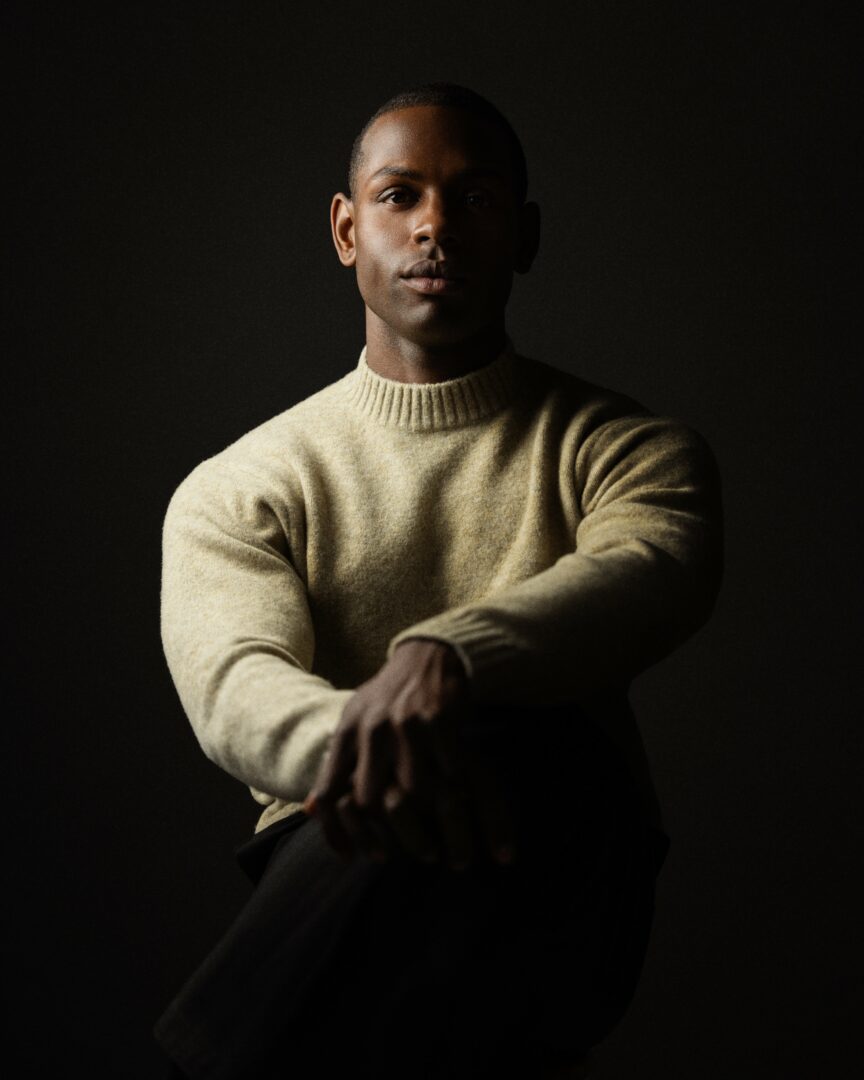We were lucky to catch up with R. Jahan recently and have shared our conversation below.
R., so good to have you with us today. We’ve got so much planned, so let’s jump right into it. We live in such a diverse world, and in many ways the world is getting better and more understanding but it’s far from perfect. There are so many times where folks find themselves in rooms or situations where they are the only ones that look like them – that might mean being the only woman of color in the room or the only person who grew up in a certain environment etc. Can you talk to us about how you’ve managed to thrive even in situations where you were the only one in the room?
I’ve had to learn how to read a room long before I ever stepped into a rehearsal space. Growing up in a predominantly Black neighborhood in Chicago during a time when death rates for young Black teens were soaring, I remember sitting in all-male assemblies being told: look to your right, then to your left—one of you won’t make it to 21. That kind of messaging wasn’t just sobering, it was survival-based. And for me, it created a kind of pressure that, while terrifying, pushed me forward.
I am a first-generation college graduate, a first-generation theater artist, and openly queer. For some, those identities might be considered obstacles. But as James Baldwin once said, “being Black and a homosexual is like winning the lottery.” That paradox rings true for me. My intersectionalities don’t weaken me—they sharpen me. They’ve taught me that you can’t rely solely on inherited behaviors or cultural shortcuts anymore. You have to learn to analyze. To track the energy of a room. To notice the nuances in what’s said—and what isn’t.
Success, for me, has meant embracing that instinctual intelligence. Knowing when to move, how to speak, how to be silent, how to lead. I may have often been the only one in the room, but I’ve never been without purpose. Each space I enter, I carry with me the stories, the pressure, and the people who weren’t given the same chance to be heard. And that keeps me grounded.
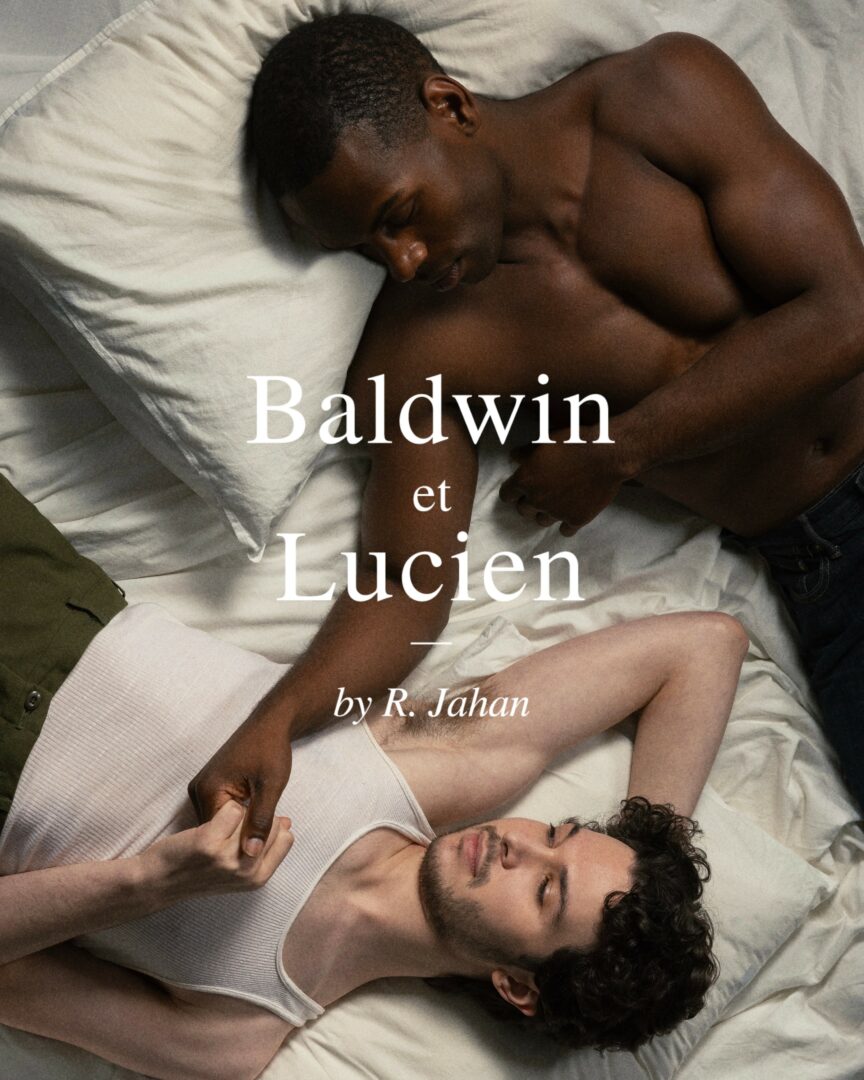
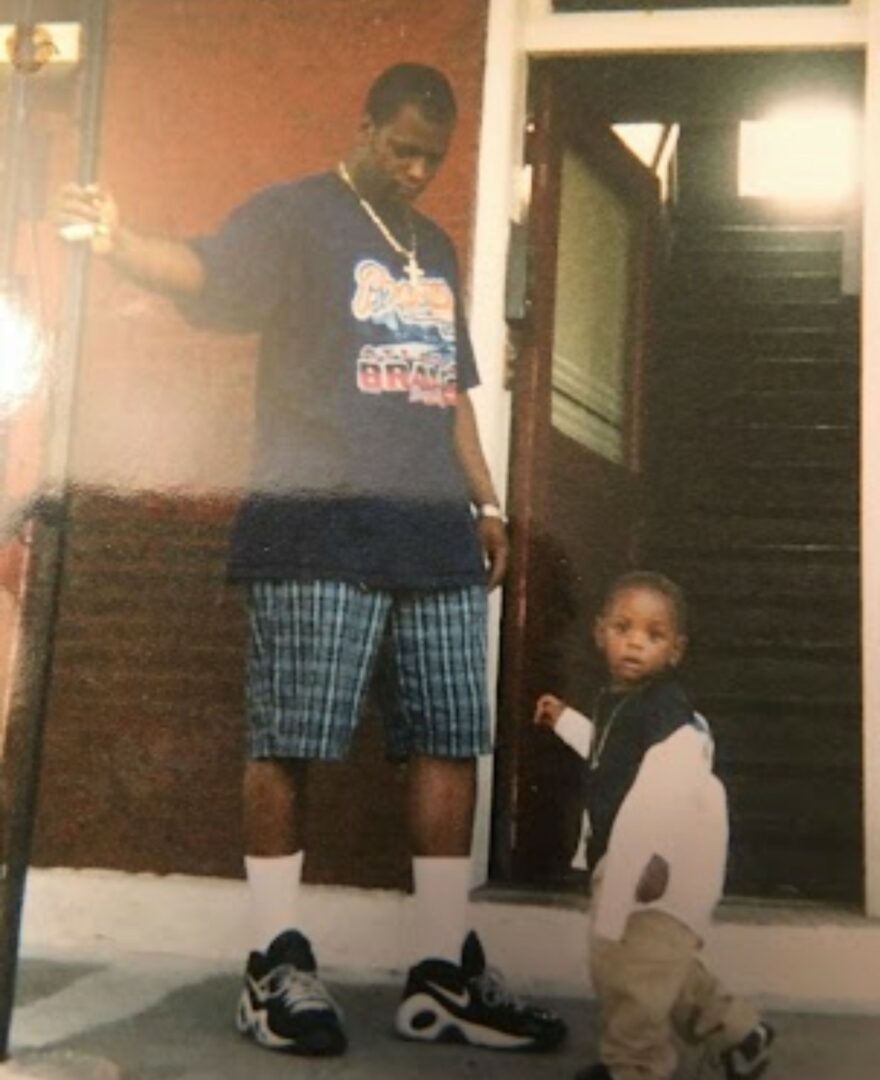
Great, so let’s take a few minutes and cover your story. What should folks know about you and what you do?
I began my formal training at the American Musical and Dramatic Academy, where I studied acting for both stage and film. That foundation—understanding performance from the inside out—was essential. But eventually, I felt called to expand my voice beyond interpreting stories to actually writing them. That’s when I branched into playwriting.
What I do in this industry is both excavation and elevation. I exhume and exalt the stories of those whose lives reflect my own marginalization—queer people, Black people, those who’ve lived in-between. I believe that when truth is centered in the work, it transcends category. People always relate to other people. That’s the power of theater.
Growing up in Chicago, I learned how to read the stakes in a room—and how to navigate tension with precision and empathy. Those skills have served me both artistically and professionally. They inform how I write, how I collaborate, and how I produce.
With Baldwin et Lucien, I’ve written a play that reflects my love for authenticity and emotional truth. It explores the intimate relationship between James Baldwin and Lucien Happersberger—two men whose bond challenged and transcended the limits of their time. I’ve taken on the role of James Baldwin myself, which has been both a personal and artistic reckoning. I continue to do the research, not just as a writer but as a vessel for Baldwin’s voice.
I’m also stepping into the role of producer, with the support of others in the industry who believe in this work. It’s a multifaceted process—writing, acting, producing—but it all comes from the same place: honoring those who came before, and telling stories that need to be heard now.
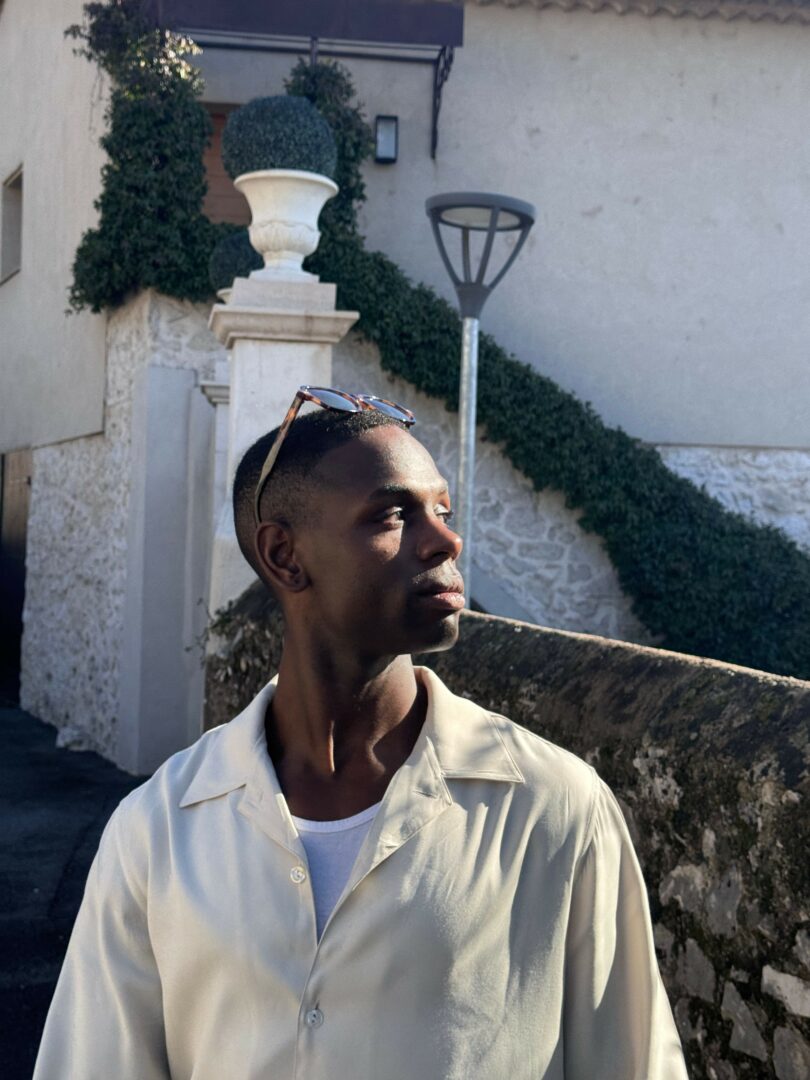
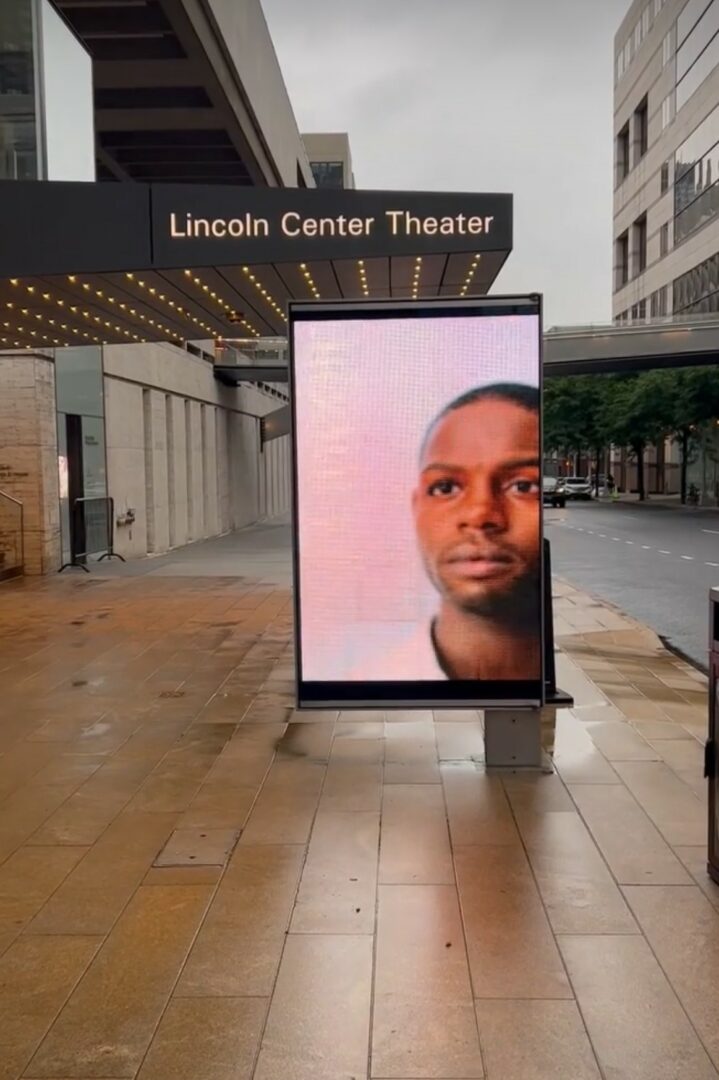
If you had to pick three qualities that are most important to develop, which three would you say matter most?
Focus, discipline, and grit for the grind—those are the qualities that have carried me through. Talent will open the door, but it’s consistency that keeps you in the room. This industry demands a lot, and not just creatively. You have to show up when it’s hard, stay sharp when things are slow, and keep believing in the work even when it feels like no one’s watching.
The advice I always give young artists is this: compare yourself only to the best version of who you know you can be. That’s the only comparison that matters. It’s easy to get caught up in other people’s timelines, their wins, their visibility—but your journey is your own. The goal is to close the gap between who you are and who you’re becoming.
Hold yourself to that standard—not someone else’s—and you’ll find your voice and your pace. And once you have that, no one can take it from you.
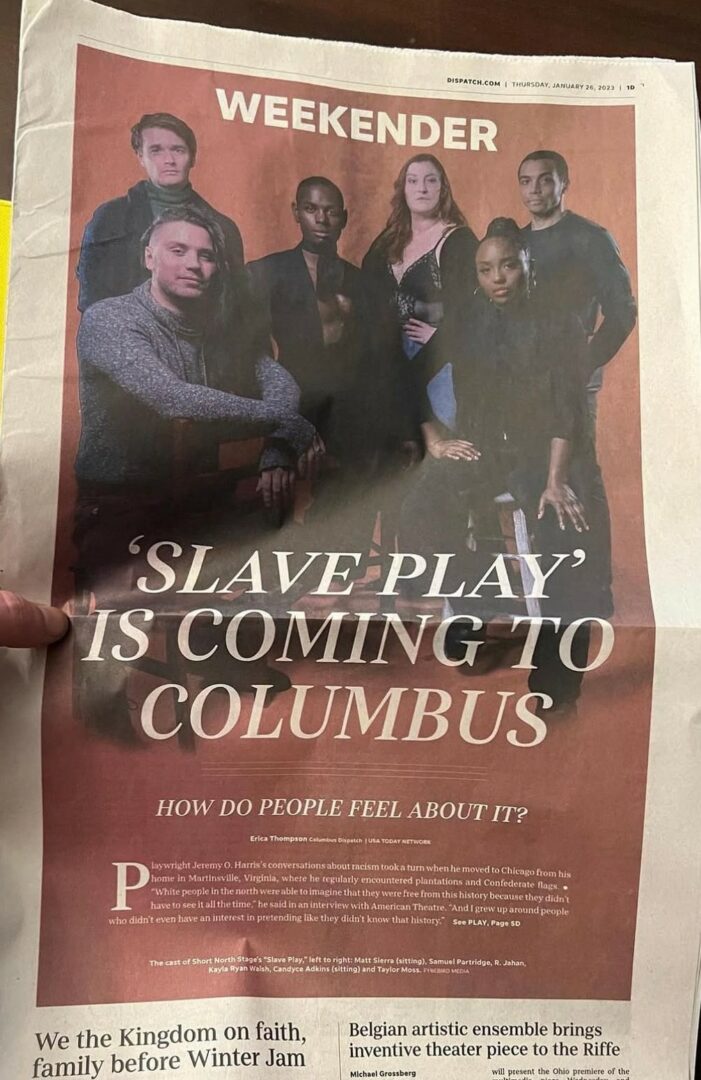
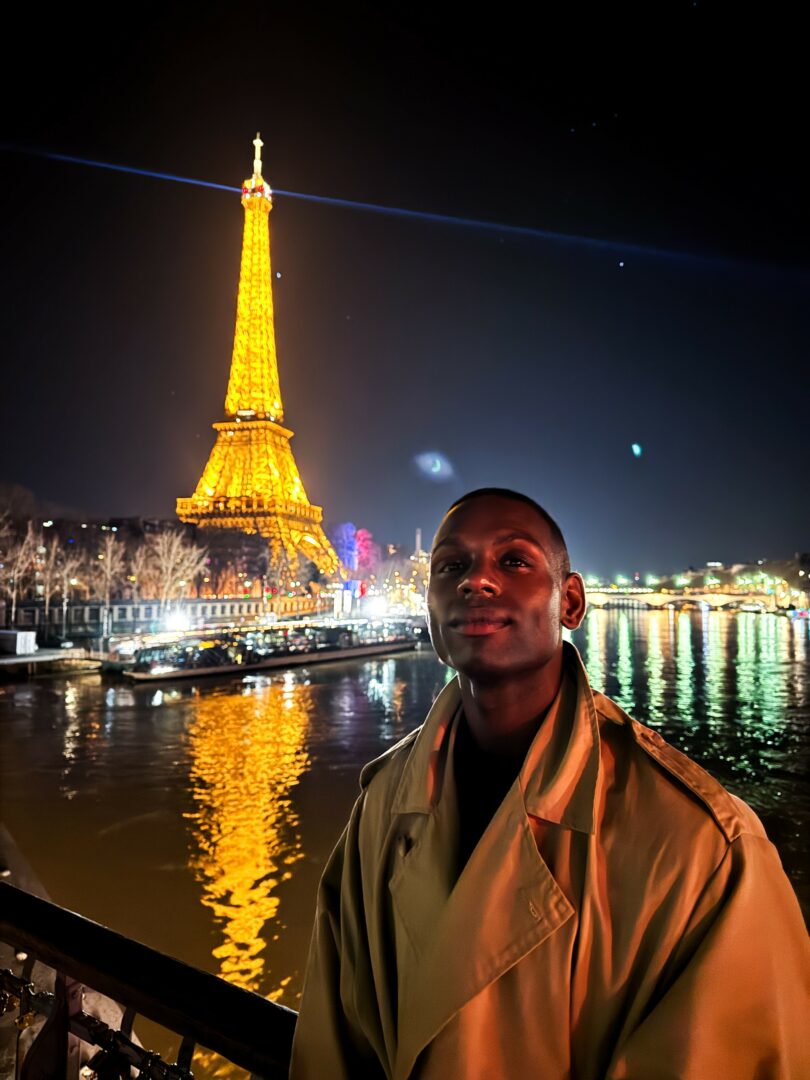
How can folks who want to work with you connect?
Yes—right now, I’m actively looking to collaborate with producers as Baldwin et Lucien moves into its next phase: workshop development. The play is deeply rooted in both French and Black American history, so it’s important for me to build bridges on both sides—connecting with French producers as well as American ones.
This piece doesn’t shy away from complexity. It leans into themes of identity, intimacy, and exile—and it does so with honesty. So I’m looking to work with producers who are tied to a love of authentic and challenging art. People who are excited by stories that sit at the intersection of culture, race, queerness, and personal legacy.
The right collaborators, for me, are those who understand that theater can provoke and heal at the same time. I want to build a team that sees the value in truth-telling, even when it’s uncomfortable—especially when it’s uncomfortable.
Contact Info:
- Website: https://www.rjahan.com
- Instagram: @rodneyjahan
- Facebook: Rodneyjahan
- Twitter: Rodneyjahan
- Youtube: Rodneyjahan
- Other: TikTok: rodneyjahan
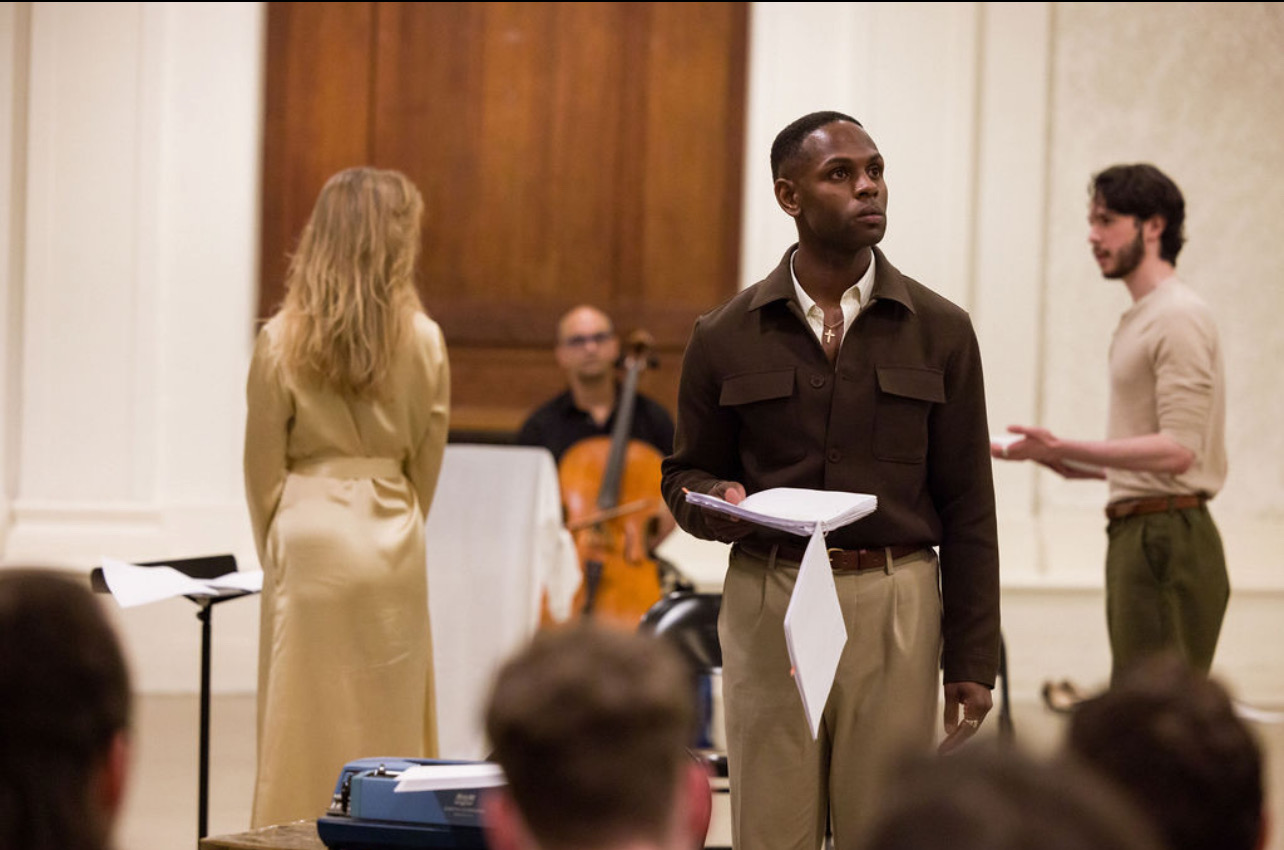
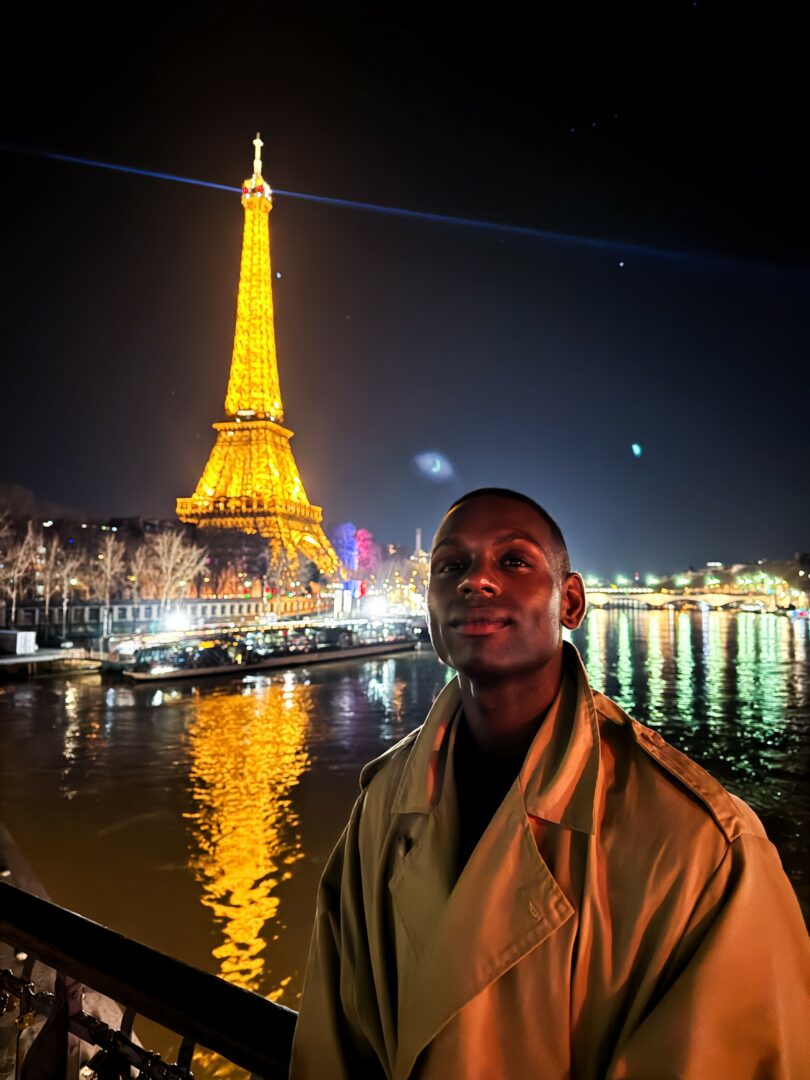
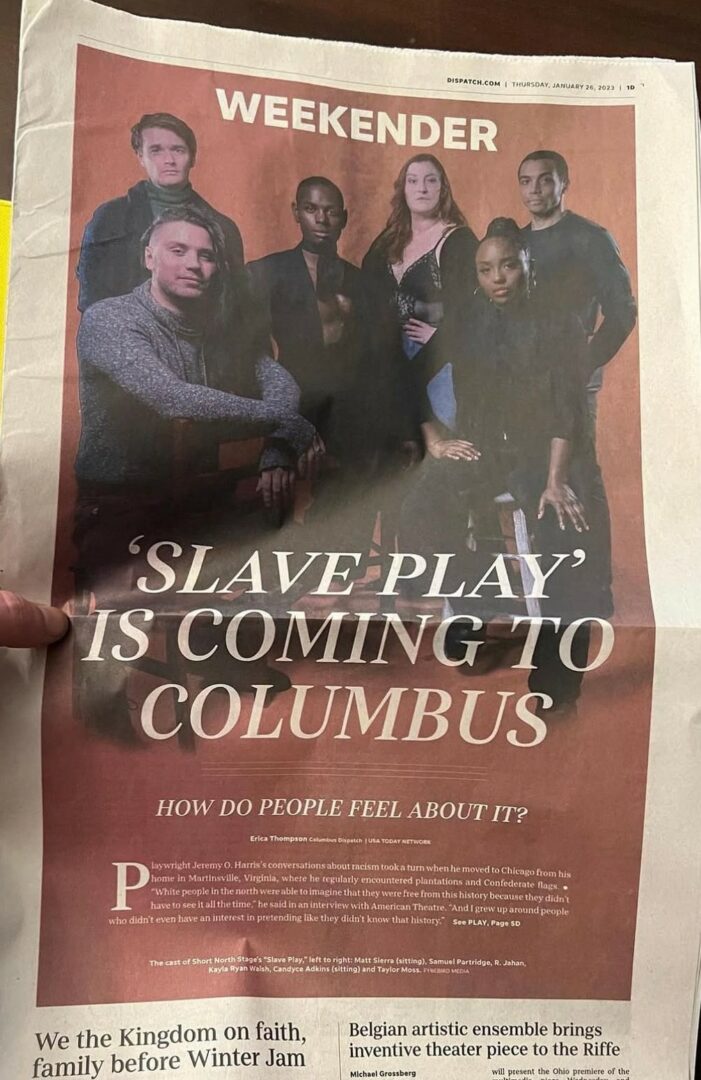
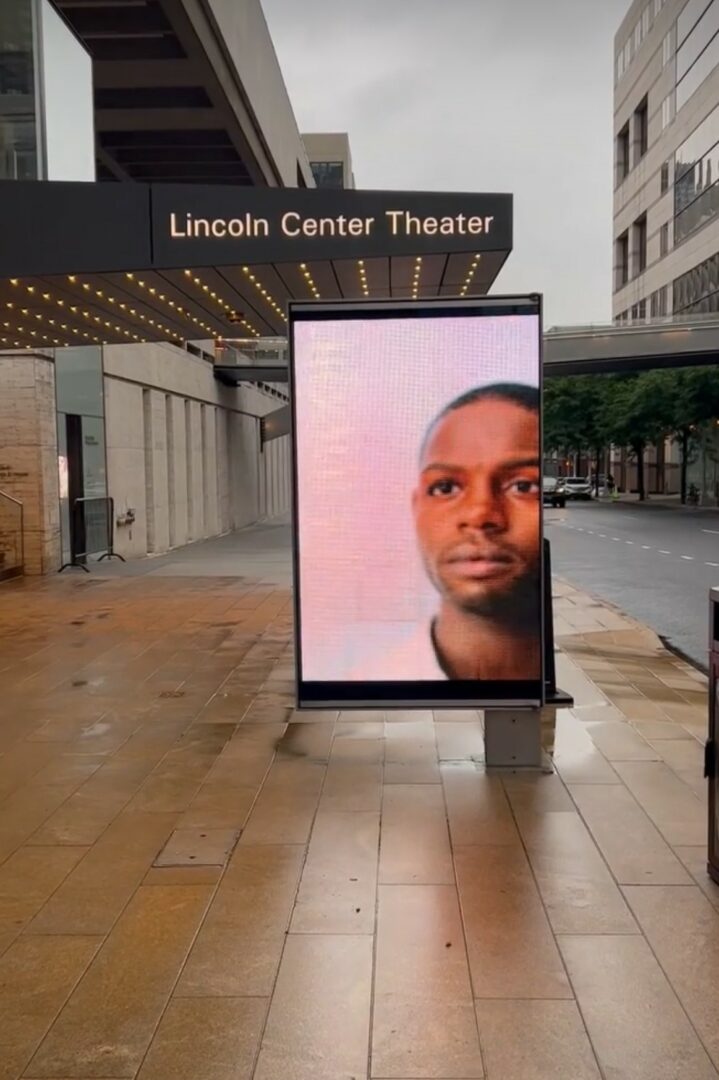
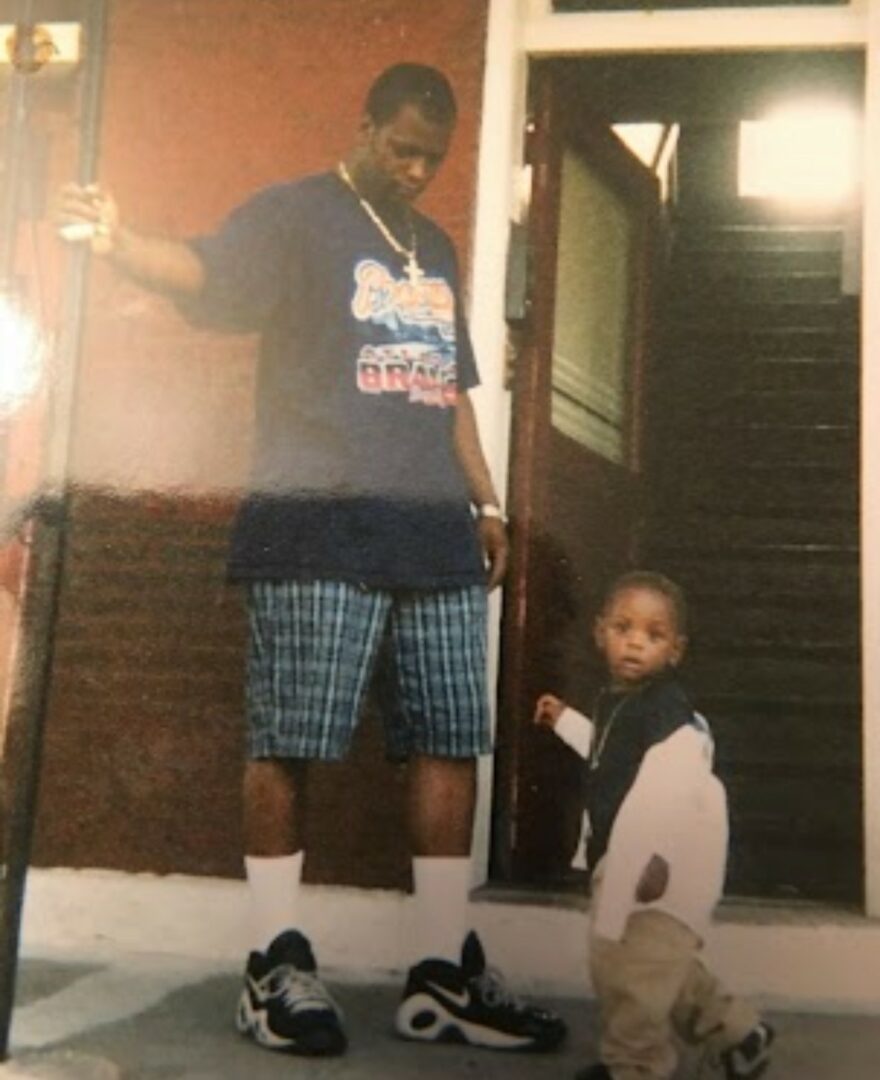
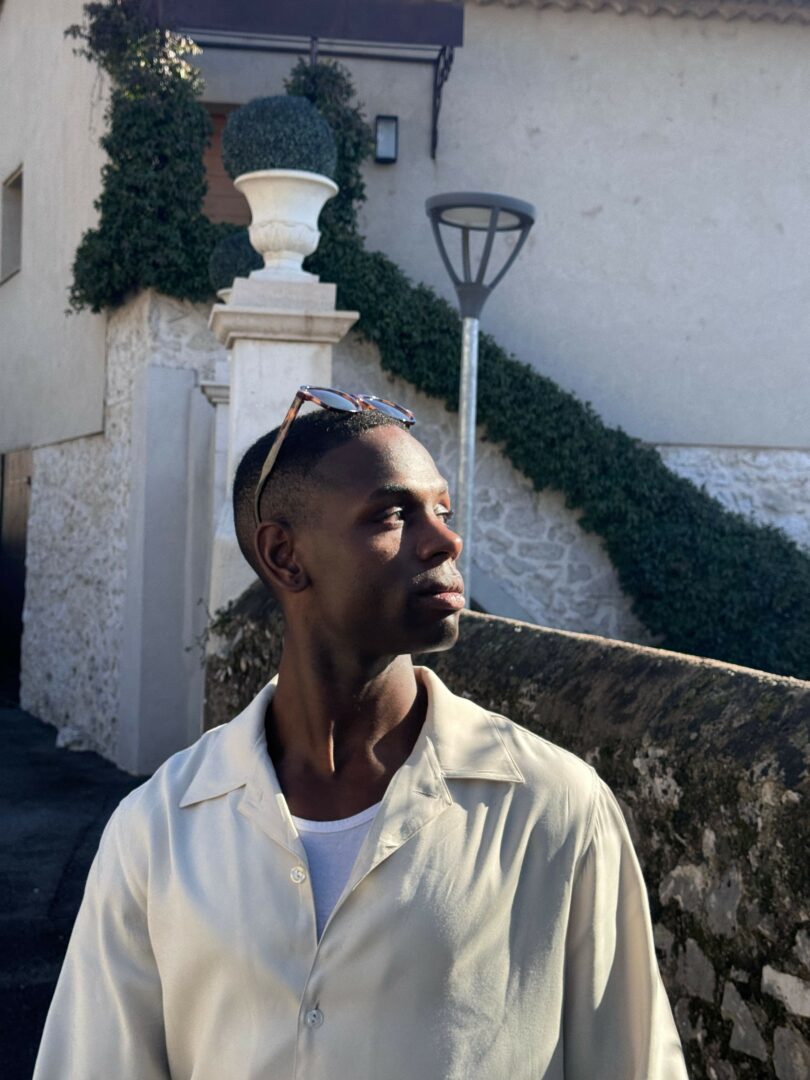
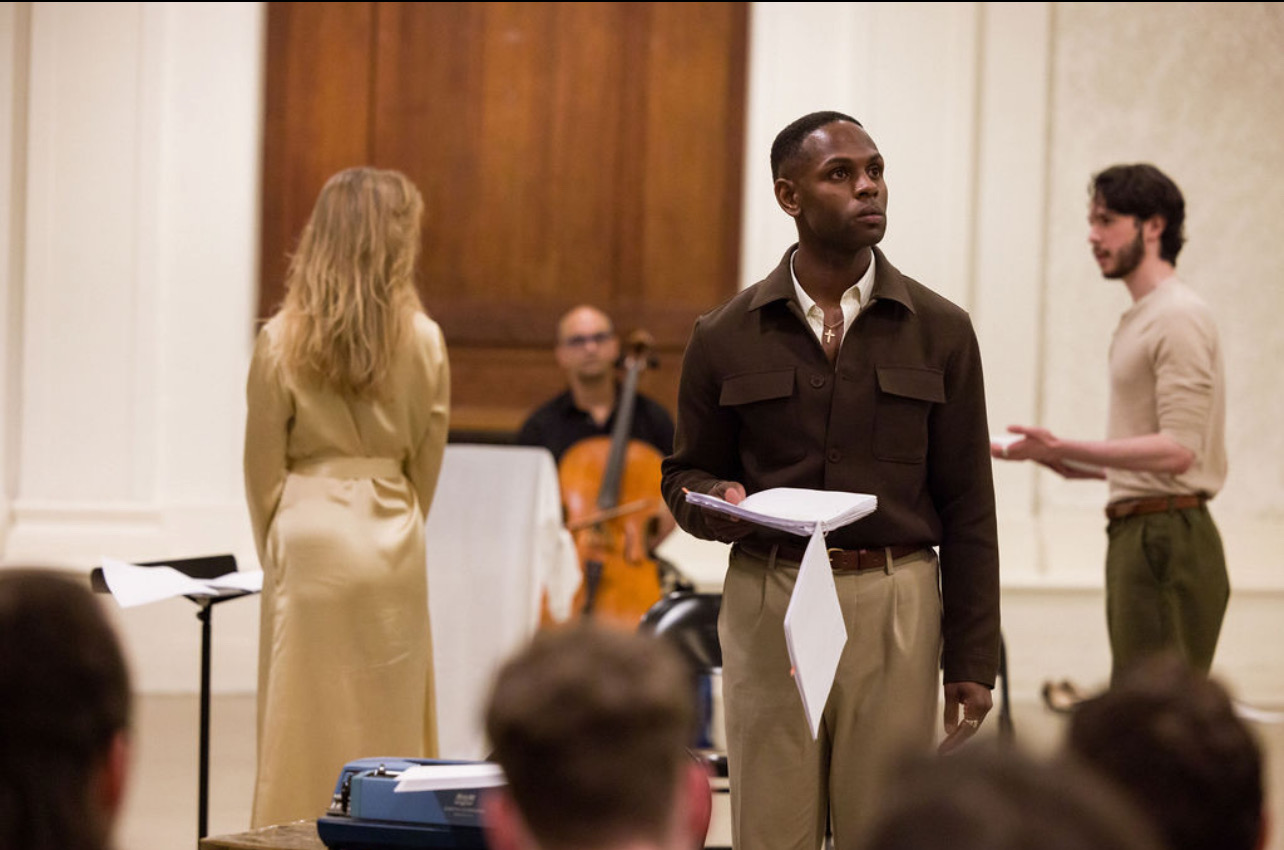
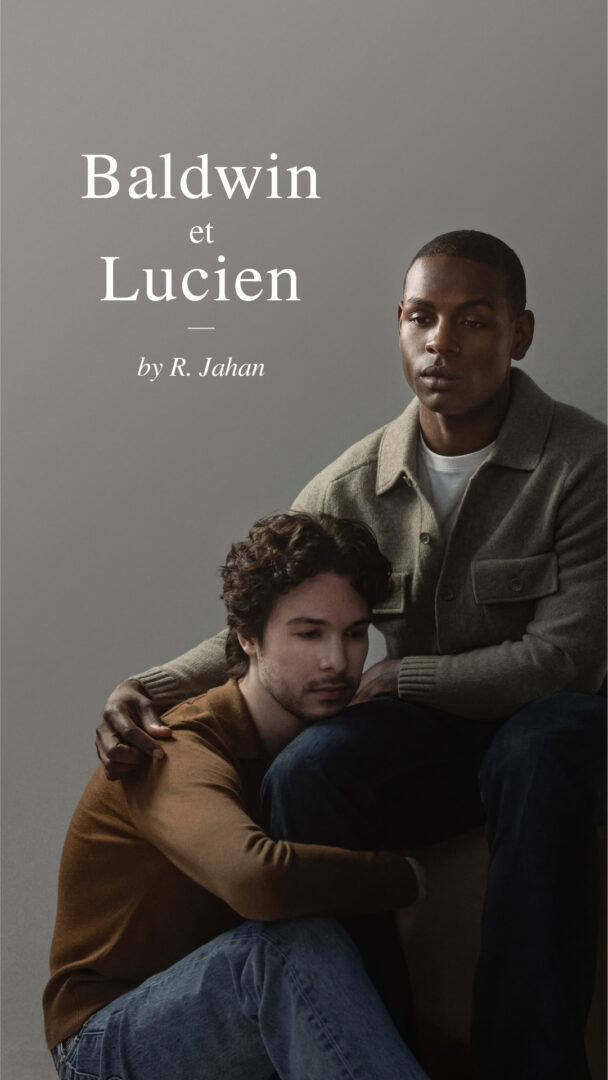
Image Credits
Baldwin et Lucien poster photographer Danny Bristoll and creative Gino Bartolomi
Acting Shot from Baldwin et Lucien reading photographer Danny Bristoll
Lincoln Center Key Art photographer Desmond Picotte
Short North Stage’s Production of Slave Play newspaper image Fyre Bird Media and photographer Ryan Shreve
South of France photo in St. Paul-de-Vence in front of Chez Baldwin
Childhood photo in front of childhood Chicago home
so if you or someone you know deserves recognition please let us know here.

